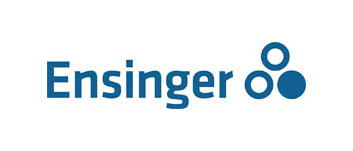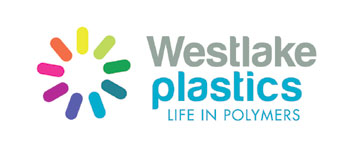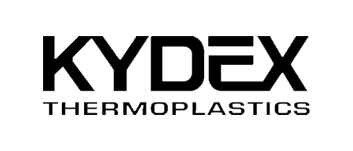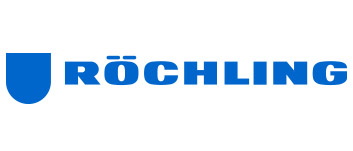by Bing Carbone
Custom plastic fabrication is a very technical process that appears deceptively simple on the surface. For plastic products that are nearly ubiquitous in our lives such as soda bottles, truck bed liners, and lawn chairs, watching them turn from a molten liquid into a final product in seconds can be almost a miraculous experience.
Rest assured that there is no magic involved, but rather hours’ worth of careful planning and nearly a century’s worth of science that helped developed the polymer creation methods in the first place.
To help demystify how small pellets can transform into a rake head or a case for your new game console in less than a minute, here is how the typical plastic custom fabrication process works:
Design and Prototyping for Custom Plastic Fabrication
The first step in fabrication is to know what you are fabricating. You also have to know whether the initial idea can be viable for the desired application. For instance, a custom plastic chair has to be able to support the weight of the average adult for it to be more than just a display piece.
Our design experts take your initial blueprints or CAD designs and create a virtual 3D prototype model. If they notice any potential problems that could arise during fabrication or end-consumer use, they may offer suggestions for improving the product or modifying the intended process.
Once designs are completely finalized, a prototype is created for the client to evaluate and give the go-ahead for full-scale production.
Custom Molding and Casting
For items that need to be made in larger volumes or with extremely specific quality and strength standards, we often use the plastic casting process.
Nearly all plastic products start their life as small beads that are melted down. In plastic casting, an injector mixes the proper ratio of raw plastic materials including dies or resins and melts them into a uniform liquid. This liquid is injected at high pressures and temperatures into a custom-built fabrication mold. The product is allowed to cool momentarily before being forced out of the mold to make room for the next injection.
Custom molding is excellent for creating precise products that can be mass-manufactured in a variety of shapes. The perfect example is LEGO® bricks, which contain thousands of different shapes that must all be completely uniform in order to snap into other bricks in a set.
Drape Forming
Drape forming takes a piece of preformed sheet plastic that is heated to allow it to “droop” into any shape you wish. A common application is in windshields for vehicles like motorcycles. The plastic sheet is cut into the rough shape needed, heated and then draped over a custom volume to create a perfect curvature for the specific application needed.
Cutting, Milling, Drilling, Lathe Work, and Welding.
Our “low-tech” solutions are less involved than injecting molding, but they are still often guided by computerized machinery to ensure an accurate duplication of the original design. We can cut or drill raw materials like acrylic or polycarbonate into nearly any shape needed. Plastic welding permanently bonds two pieces together, such as in a display case like the ones we have created for the Smithsonian and Walt Disney World.
Our lathe and milling techniques carve intricate shapes out of solid blocks of material. Milling can be used to create a specific component like a plastic screw plate using computer-controlled drill bits that make cuts and grooves with laser precision.
End-Product Finishing
For clients that want their product to exude a certain look, we offer custom finishing services. Polishing and buffing create a unique finish that lends a metallic luster, a glass-like sheen or a textured surface to the final product. Silk screening, decal application and other forms of decorating make your product shelf-ready the moment it is shipped to you.
Modern Plastics’ Quality Control
During fabrication, our quality control management team oversees every step to ensure consistency and a low tolerance for defects. Modern Plastic’s facility is certified ISO 9001:2015 compliant, and we use programs like Kanban to maintain steady oversight throughout the process. A strict barcoding system tracks the product from raw material to finished good to ensure that you are delivered the item you were promised using the polymer you ordered.
As you can see, there are many diverse ways that we serve our clients, but our quality control always remains the same to guarantee accurate results.
Visit our services page to discover more about how we can serve you and take your idea from vision to finished product.
Request Quote Call (203) 333-3128 or (800) 243-9696 Email











Honestly, I don’t really know much about the process of custom plastic fabrication. Nevertheless, it’s good that you shared some of the basic types of processes such as custom molding and casting. I wonder if the process is almost the same with glass fabrication, though. I’ll definitely read more about it for additional learning. Thanks.
Thanks for sharing this article about process of plastic fabrication. This is very helpful for knowing about this process. Holland plastics will provide you plastic products. So if you want it then use our plastic products.
I would have never thought about how you could use plastic fabrication for prototyping. But that does seem like it would be a lot cheaper than trying to prototype in other mediums. I also liked that you pointed out that you can use virtual 3D programs to really get a good look at your design.